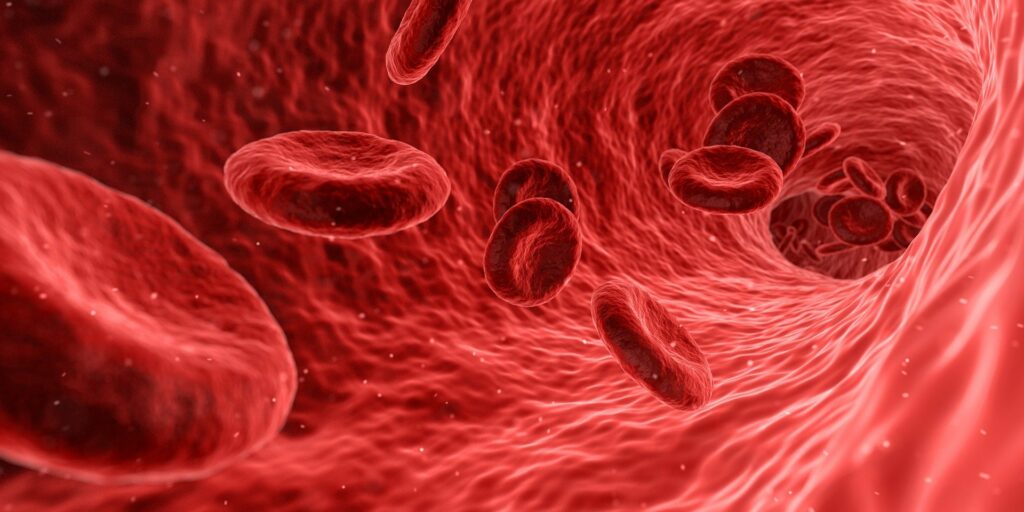Blood cancer is the cancer of blood-forming tissues which affects the production as well as the normal functioning of blood cells such as the red blood cells, white blood cells, and platelets.
To help you learn more about this condition, including the symptoms, treatment options for different types of blood cancer and steps to reduce the risk, HealthWire spke to Dr Mahadev Swamy B C, Consultant, – Hemato-Oncology And Bmt Manipal Hospital, Goa. Below are excerpts from the interview.
What are the types of blood cancer?
The most common types of blood cancers include:
- Lymphoma: These originate in the lymphatic system from a cell known as lymphocytes.
- Leukaemia: It produces too many white blood cells and reduces the production of red blood cells and platelets by the bone marrow.
- Multiple Myeloma: It originates in the blood’s plasma cells.
What are the symptoms of blood cancer?
The signs and symptoms vary depending on the type of blood cancer that occurs. Some of the most common symptoms are unexplained fatigue, fever, weakness, and tiredness.
How is blood cancer treated? Can it be cured?
Different forms of blood cancer have different characteristics. They have different ways of progression, governed by specific pathways and biological processes on which they are dependent.
The treatment is determined by the understanding of the biology of leukaemia. Specific therapy may destroy the cancerous cells, allowing for better control and cure.
Treatment will range from intensive chemotherapy in acute leukaemia to targeted therapy in chronic leukaemia. Some patients suffering from chronic leukaemia are simply put under observations. Chemotherapy and chemo-immunotherapy are standard treatments for lymphomas. Disease-directed treatment typically includes drug therapy, such as targeted therapy and/or chemotherapy, with or without steroids.
How genetic testing at Baseline and post-induction chemotherapy helps in informed treatment decision for a leukemia patient?
Master Arjun (name changed), a 5-year-old boy presented with fever, fatigue, chest discomfort, weight loss & loss of appetite. We had consulted Dr Mahadev Swamy for further clinical examination.
Basic workup on blood sample revealed suspected acute leukemia, which was later confirmed on Bone marrow examination. The diagnosis was further refined, by flow-cytometry findings which revealed T-cell acute lymphoblastic leukaemia (T-ALL).
Post clinical examination, his bone marrow sample was sent for genetic testing to the MedGenome Lab at Banglore and the results showed the presence of a mutation in the NOTCH1 gene.
Based on the report, Arjun was started on BFM-2009 chemotherapy which is a standard protocol. Post induction chemotherapy, a mutation in the NOTCH1 gene was not detected, which nullified the need for therapy intensification.
How can one reduce the risk of blood cancer?
There is nothing one can do to reduce the risk of blood cancer. They can occur with anyone and has nothing related to lifestyle.
However, one can never over-emphasise the need for a healthy lifestyle, good diet and regular physical activity to create that balance which is so important for health today.

